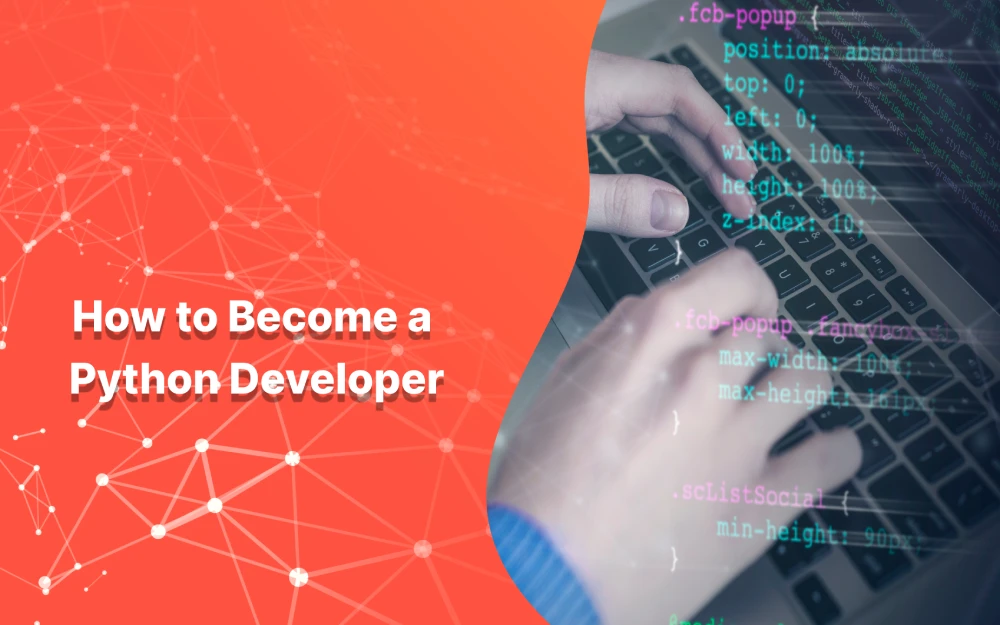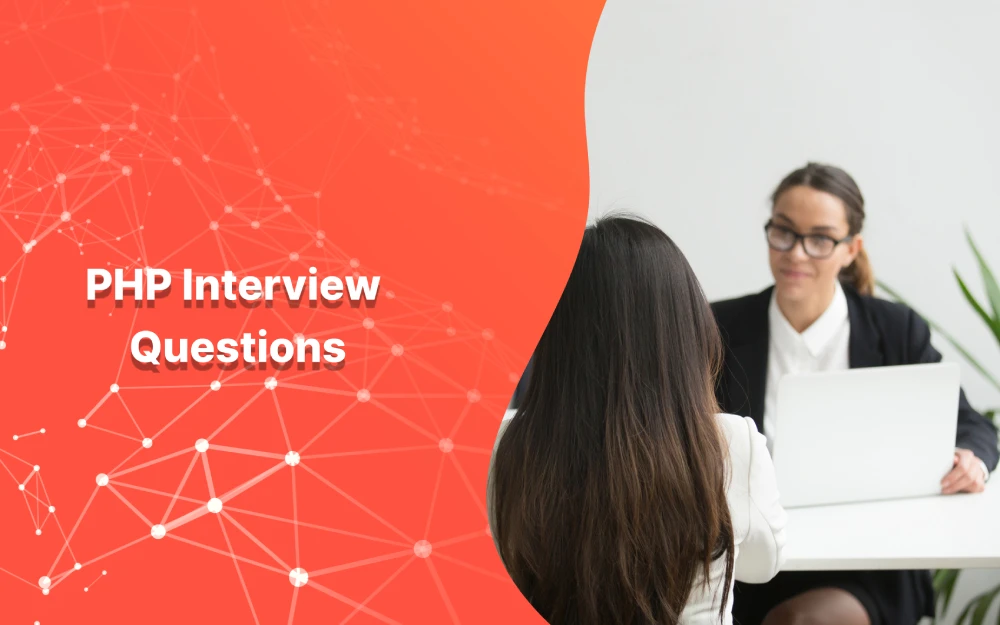How to Become a Python Developer?
Python has become one of the most popular programming languages due to its simplicity and versatility. If you aspire to become a Python developer, here’s a comprehensive guide to help you get started and excel in this field.
1- Understanding Python
What is Python?
Python is a high-level, interpreted programming language known for its readability and straightforward syntax. It supports multiple programming paradigms, including procedural, object-oriented, and functional programming.
Why Learn Python?
- Easy to Learn: Python’s syntax is simple and easy to grasp, making it an ideal language for beginners.
-Versatile: It’s used in various domains such as web development, data science, artificial intelligence, and automation.
- Community Support: Python has a large and active community, providing plenty of resources and libraries.
Read More | python developer job description
2- Getting Started with Python
Basic Requirements
- Computer: Any modern computer (Windows, Mac, or Linux) will work.
- Internet Connection: For downloading Python and accessing online resources.
- Editor/IDE: Software like VSCode, PyCharm, or even simple text editors like Notepad++ can be used. Installation
- Download Python: Visit the official Python website and download the latest version.
- Install Python: Follow the installation instructions provided on the website.
- Set Up an IDE: Install an Integrated Development Environment (IDE) like PyCharm or Visual Studio Code for a more efficient coding experience.
Learning Resources
- Official Documentation: The Python Docs provide comprehensive information.
- Online Courses: Platforms like Coursera, Udemy, and edX offer Python courses.
- Books: “Automate the Boring Stuff with Python” by Al Sweigart, “Python Crash Course” by Eric Matthes.
- Mastering the Basics
Key Concepts
- Syntax and Semantics: Learn the basic syntax and how to write simple programs.
- Data Types and Variables: Understand different data types (integers, strings, lists, tuples, dictionaries) and how to use variables.
- Control Structures: Master if-else statements, loops (for, while), and exception handling.
- Functions: Learn how to define and use functions.
- Modules and Packages: Understand how to import and use modules.
Practice
- Coding Challenges: Websites like Leet Code, Hacker Rank, and Code wars offer coding problems to solve.
- Projects: Start with small projects like building a calculator, a to-do list, or a simple web scraper.
- Advanced Python Concepts
Object-Oriented Programming (OOP)
- Classes and Objects: Learn how to create and use classes and objects.
- Inheritance: Understand how to inherit properties and methods from other classes.
- Polymorphism and Encapsulation: Learn about these advanced OOP concepts.
Data Structures and Algorithms
- Lists, Stacks, Queues: Learn about these basic data structures.
- Trees and Graphs: Understand more complex data structures.
-Algorithms: Study sorting algorithms, search algorithms, and dynamic programming.
Libraries and Frameworks
- Web Development: Learn Django or Flask for web development.
- Data Science: Master libraries like NumPy, pandas, and matplotlib.
- Automation: Learn how to use Python to automate tasks.
- Building a Portfolio
Projects
- Web Applications: Build a blog, an e-commerce site, or a social media platform.
- Data Analysis Projects: Analyze datasets and present insights.
- Automation Scripts: Automate repetitive tasks like file handling or web scraping.
GitHub
- Version Control: Learn how to use Git and GitHub to manage your code.
- Showcase Your Work: Upload your projects to GitHub to showcase your skills.
- Getting a Job
Job Search
- Job Boards: Look for Python developer jobs on LinkedIn, indeed, and Glassdoor.
- Networking: Attend tech meetups, conferences, and networking events.
Resume and Interviews
- Resume: Highlight your projects, skills, and experience.
- Interview Preparation: Practice coding interviews and familiarize yourself with common questions.
- Continuous Learning
Stay Updated
- Blogs and Articles: Follow Python-related blogs and news sites.
- Conferences and Meetups: Attend events to learn from experts and network with peers.
- Open-Source Contributions: Contribute to open-source projects to gain experience and improve your skills.
How Techitopia Can Help
At Techitopia, we provide a platform for aspiring Python developers to find job opportunities and for companies to find talented developers. Our services include:
For Candidates
- Job Listings: Access to a wide range of Python developer job opportunities.
- Career Resources: Tools and resources to enhance your skills and prepare for your next role.
For Companies
- Talent Pool: A diverse pool of skilled Python developers ready to tackle your projects.

Becoming a Python developer requires dedication, practice, and continuous learning. By mastering the basics, delving into advanced concepts, building a strong portfolio, and leveraging platforms like Techitopia, you can successfully navigate your path to a rewarding career in Python development.






